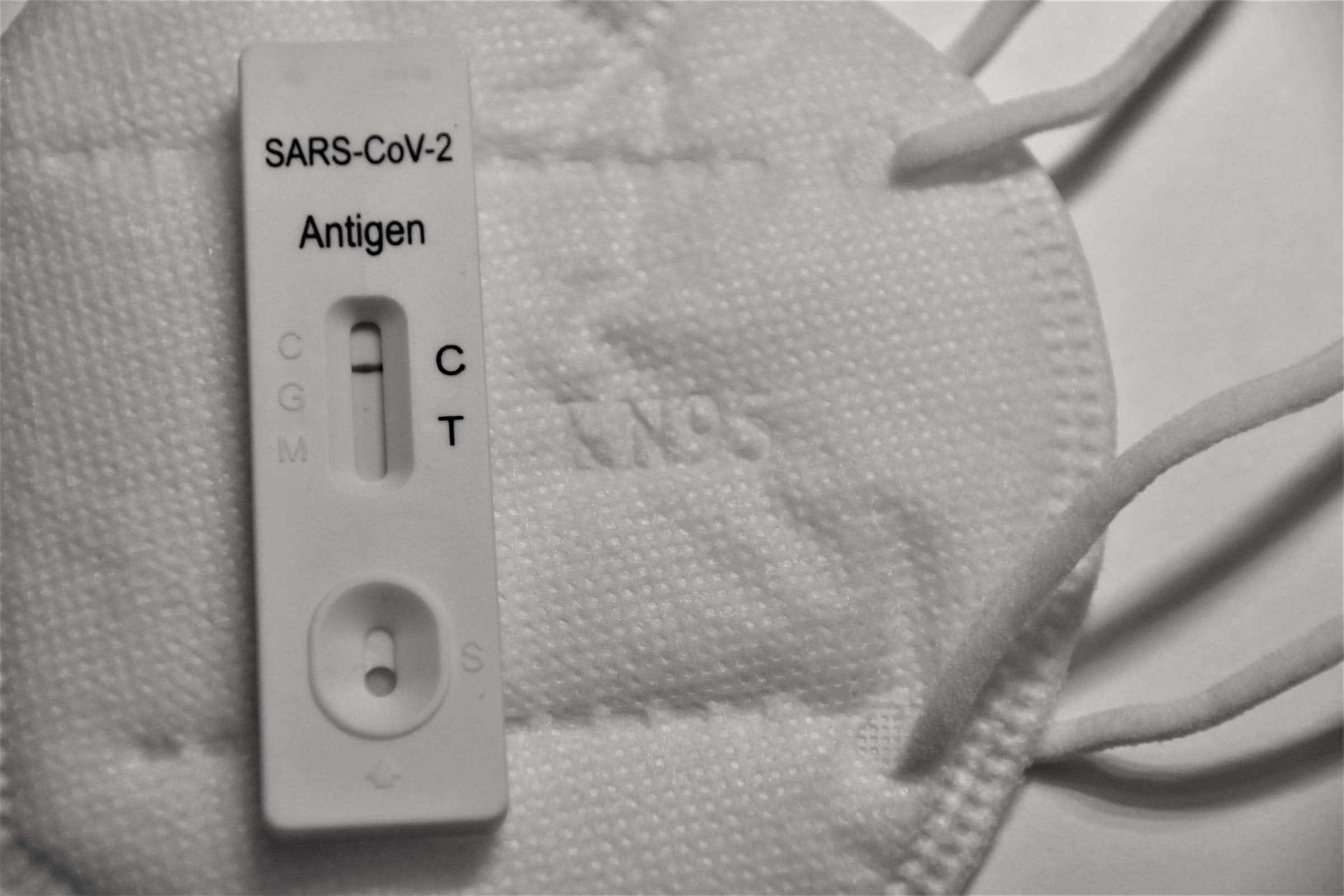
Comment Writer Anya Logue discusses the track and trace app, arguing it is vital to save lives but the government needs to take into account people’s concerns over their data being stored
Track and trace. Those words have been flung around by the government for months, but what do they actually mean? The basic idea is that if everyone gives information on who they are seeing, anyone who has been in recent close contact with the virus can be told to take steps like self-isolating. An effective track and trace system will save lives. However, there are increasing concerns around whether the privacy breaches needed for such a system to work are sacrifices worth making.
Right now, the government guidance compels the newly opened pubs, restaurants, and cafes to collect the names and contact details of every customer who visits. Yet, giving your personal details is voluntary. Also, this is merely guidance and therefore no establishment is required by law to take any steps to track and trace their customers.
The difficulties of collecting data about customers without compromising their security have resulted in many businesses disregarding the guidance. According to a survey, only 53% of hospitality businesses said they would be able to follow it. This is a real problem if track and trace is going to work; we need everyone to participate if we are to control the spread of the virus. Independent government advisor Sage has said that at least 80% of people who came into contact with a COVID-19 carrier would need to self-isolate for this to be effective.
“The difficulties of collecting data about customers without compromising their security have resulted in many businesses disregarding the guidance
Businesses that have attempted to track and trace customers have already seen problems with privacy. There have been stories of staff using customer contact details for purposes other than the NHS system. Women have particularly been targeted, being asked out over message by bar staff who served them. Track and trace is seemingly being used to give women yet another form of harassment to worry about.
The development of a track and trace app could compound these privacy problems. The government’s path to a working app has been a rocky one, and there are no plans to have one ready until at least the winter. But if there is going to be an app, privacy concerns must be built into its design. Apple and Google’s use of a decentralised system, where no single device would ever have access to everyone’s data at once, is a step in the right direction. But people will likely still be worried about exactly where their data is going, and who gets to see it.
Despite all these concerns, we cannot give up on track and tracing. Lockdown restrictions have massively relaxed and they will ease more, especially in September once schools and universities go back for the new academic year. With the threat of a second wave, now is not the time to get complacent about what this means. South Korea became the first country to declare a second wave hitting in June, and other countries are likely to follow unless the virus is kept under a tight watch.
We have improved our situation so much since March, but the fact is that we are still living through a pandemic. COVID-19 is no less contagious than it has ever been, and if we want to keep the numbers low, we need to take steps to control them.
“COVID-19 is no less contagious than it has ever been, and if we want to keep the numbers low, we need to take steps to control them
So track and trace is vital if we want to have any semblance of life ‘as normal’ without greatly risking a second wave. But setting clear boundaries has to be prioritised. All hospitality staff should be trained in how to handle customers’ data appropriately, and there should be no tolerance whatsoever for anyone who tries to use it for any purpose other than NHS Test and Trace. Similarly, any track and trace app must be transparent about where people’s data is going.
We have seen in the last few months that people are willing to make vast adjustments to their lives for the safety of the country. Although lockdown restrictions are easing, we cannot simply go back on all of these precautions if we still want to save lives. Lockdown has made many realise that we have been taking for granted being able to go to school, go to the pub, and meet up with friends. Giving up some of your privacy should be a small price to pay for the chance to get all these things back. However, the public needs to be informed transparently how their information is being used, and boundaries must be set to ensure their data is not abused.
________________________________________________________________________________________________________________
Like this story? See below for more from Comment:
Reflecting on the Lockdown Experience: A Positive Turn of Events?
Has the Coronavirus Pandemic Redefined ‘Essential’?
Comments